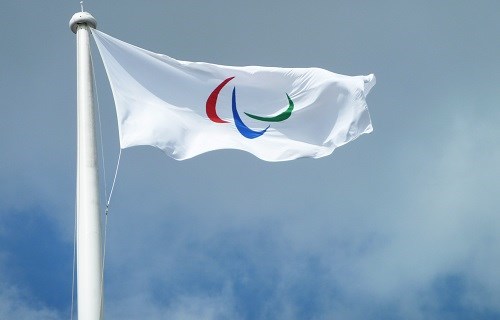Paralympic committees boost Russia’s bid to be reinstated in time for PyeongChang 2018
In a meeting on Friday in Moscow, heads and representatives of 14 national paralympic committees concluded by adopting a joint open letter in support of Russia, that is currently suspended by the International Paralympic Committee (IPC).
“We, the signatories, are inspired by the Russian Committee’s work to create an open environment with zero tolerance for doping and to protect clean sports; [to create] systematic technologies; to raise awareness in anti-doping issues not only among athletes but also among those who train them; [to set up] a database to prevent the use of doping in Russian Paralympic sports," the joint letter reads, according to Russian news agency TASS.
“RPC’s efforts deserve praise and may become an example for many other National Paralympic Committees We are convinced that it would be useful to share documents and references developed by the RPC with all Paralympic Committees, because they have proven to be an efficient instrument in anti-doping efforts,” the letter reads.
The meeting was organised by the Russian Paralympic Committee (RPC) and attended by leaders of 15 national Paralympic committees, representing Russia, Armenia, Belarus, Bulgaria, Vietnam, Kazakhstan, Kyrgyzstan, China, Laos, Moldova, Mongolia, Serbia, Tajikistan, Montenegro, South Korea as well as heads of the International Wheelchair and Amputee Sports Federation, writes TASS.
The IPC Governing Board will meet in Abu Dhabi on September 3 and 4 to discuss the suspension of Russian athletes. If the suspension is not lifted, it will be “extremely unlikely” that Russian athletes compete at PyeongChang 2018, said IPC President, Sir Philip Craven in May, according to Inside the Games.
RPC’s commitment to achieve reinstatement was commended by Andy Parkinson, chief executive of British Rowing and head of the IPC Taskforce overseeing the RPC’s reinstatement process, earlier this year. However, several reinstatement criteria had still not been met, Parkinson explained at a press conference in May.
The IPC’s decision to impose a blanket ban on Russian athletes from the 2016 Paralympic Games in Rio came in the wake of the McLaren report. In his report, commissioned by the World Anti-Doping Agency (WADA), Canadian lawyer, Richard McLaren revealed a large number of covered-up doping tests of Russian athletes in Paralympic as well as Olympic sports.
Russia however, still denies that institutionalised doping has ever taken place.
“The Russian federation has never had an institutionalised and government-operated system of manipulating doping control processes,” reads Russia’s recently adopted National Anti-Doping Plan.
Further reading:
- Russian Paralympic Committee’s (RPC) new Anti-Doping Programme – created to meet IPC reinstatement criteria.






